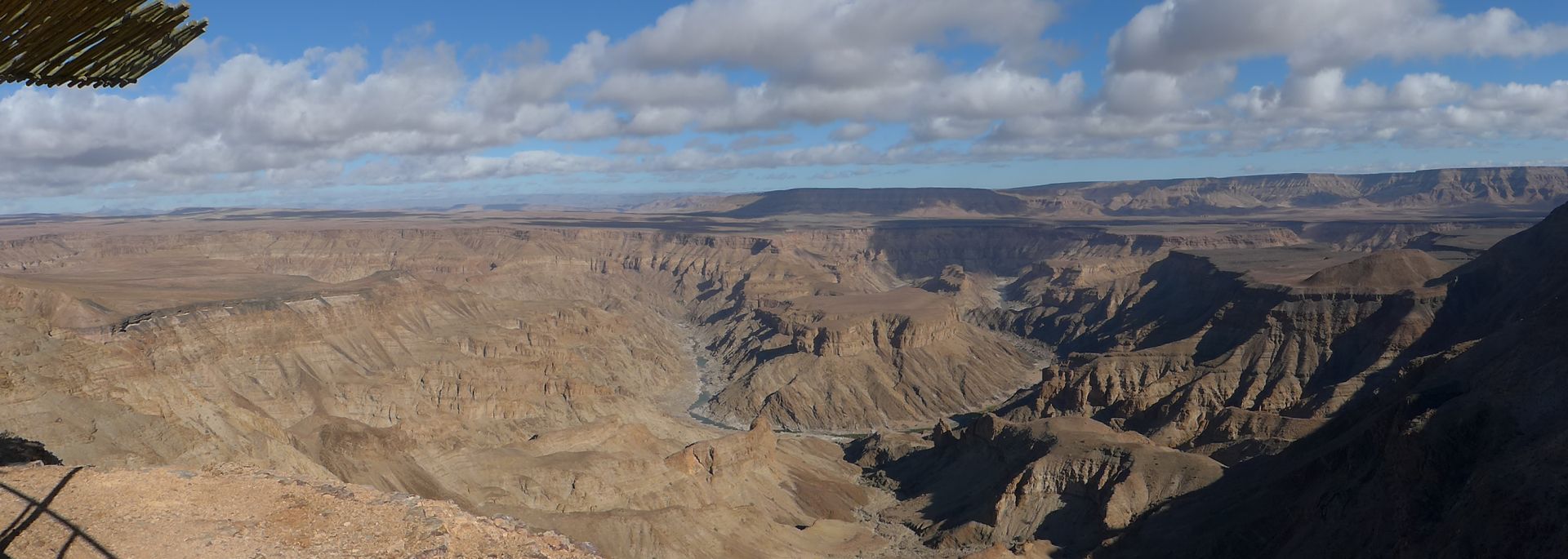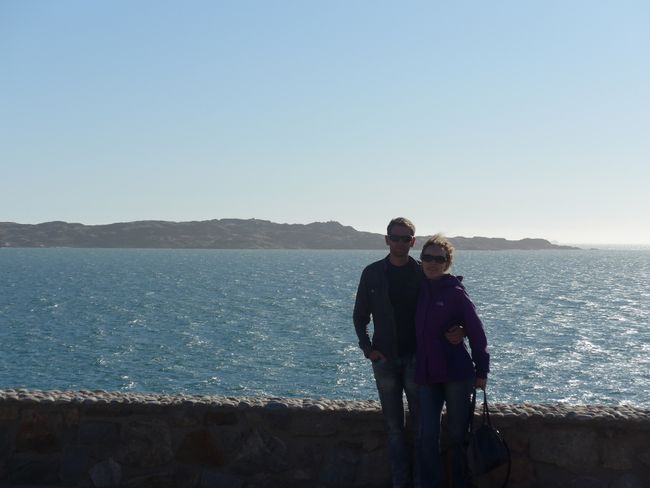Kromeriz (Kremsier) and Sex in the Parking Lot
प्रकाशित: 25.07.2023
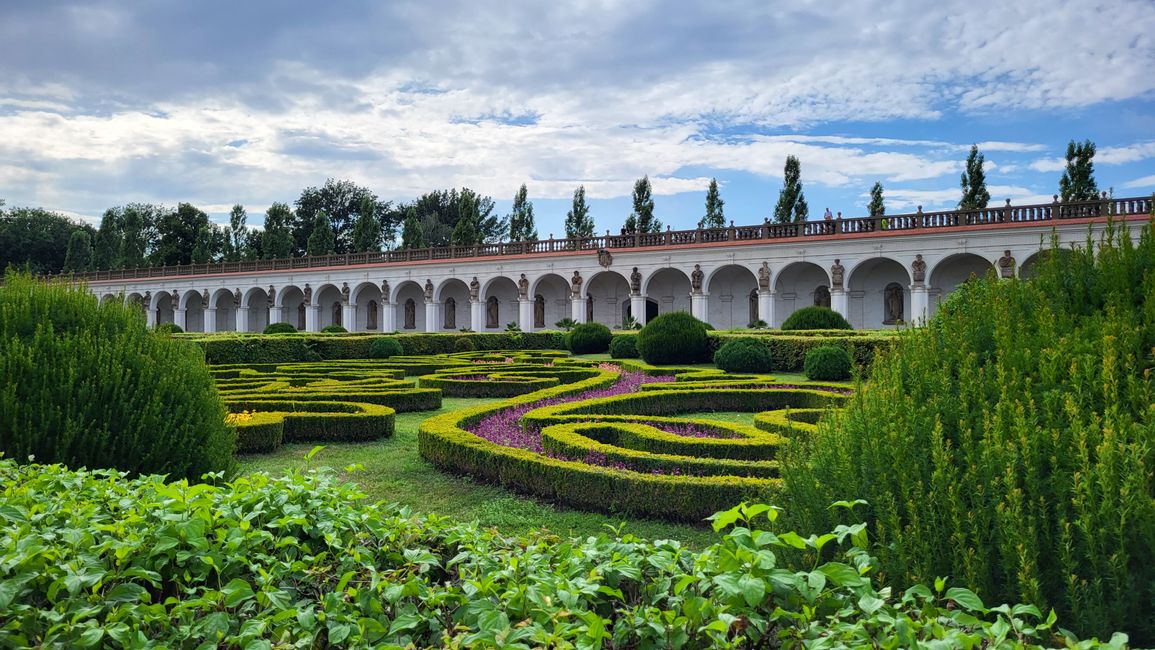
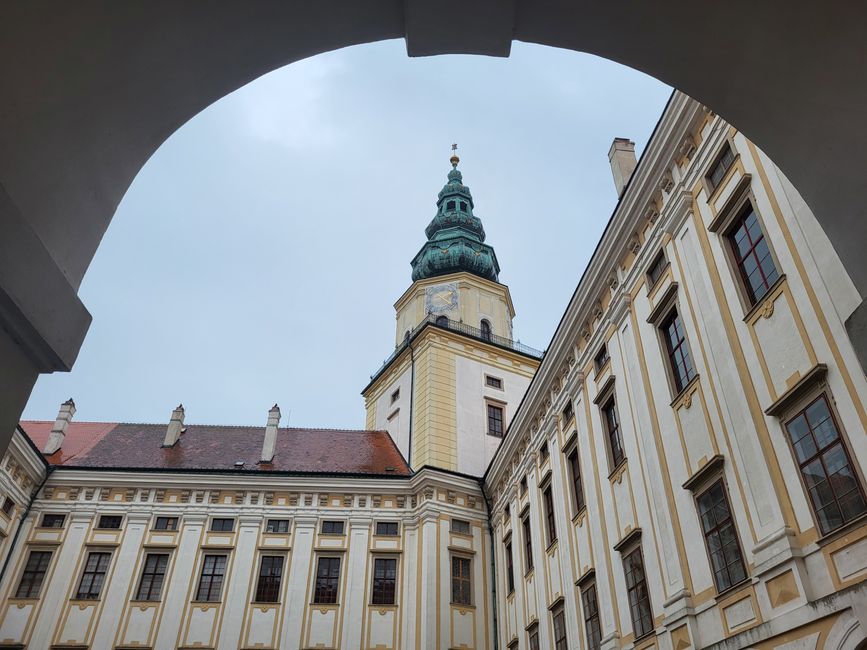
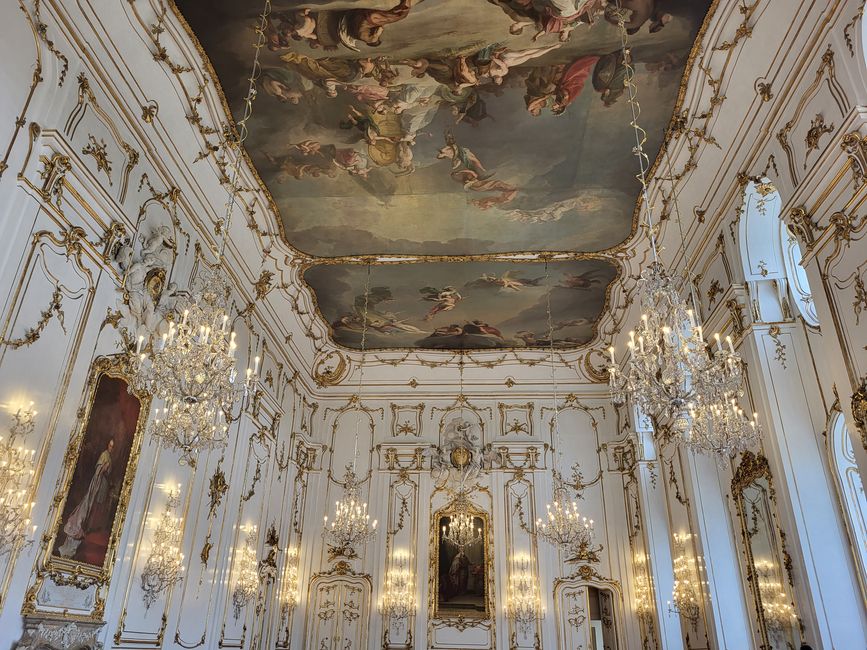
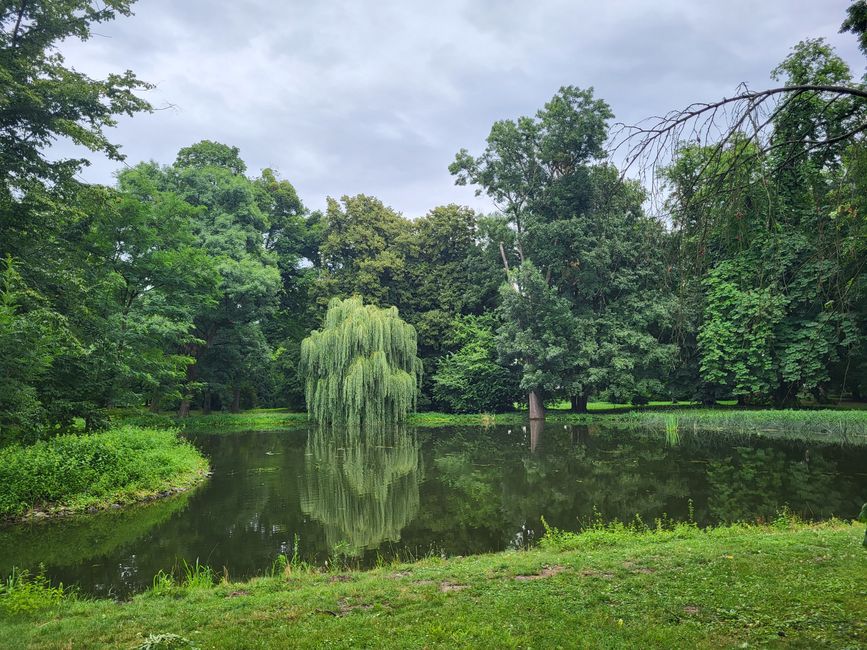
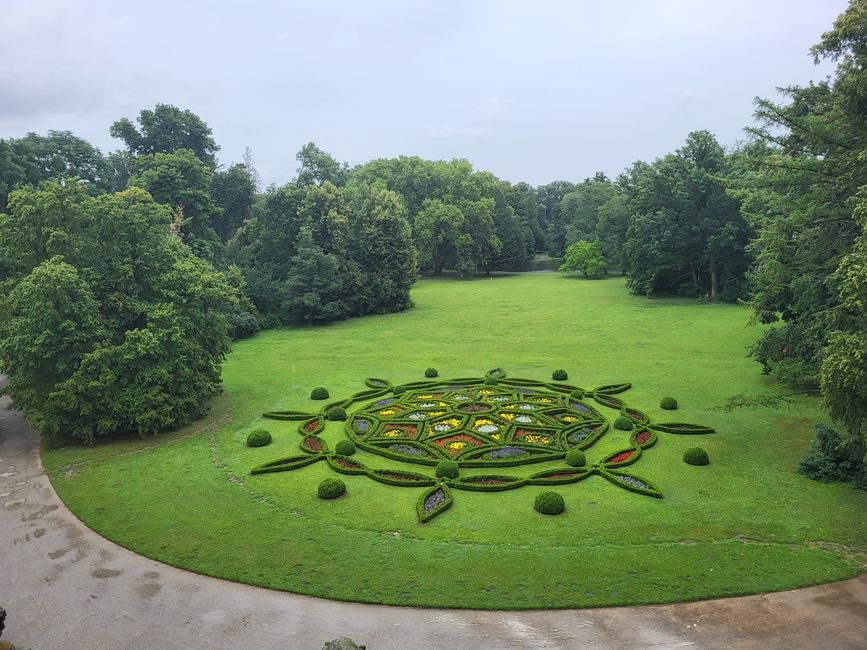
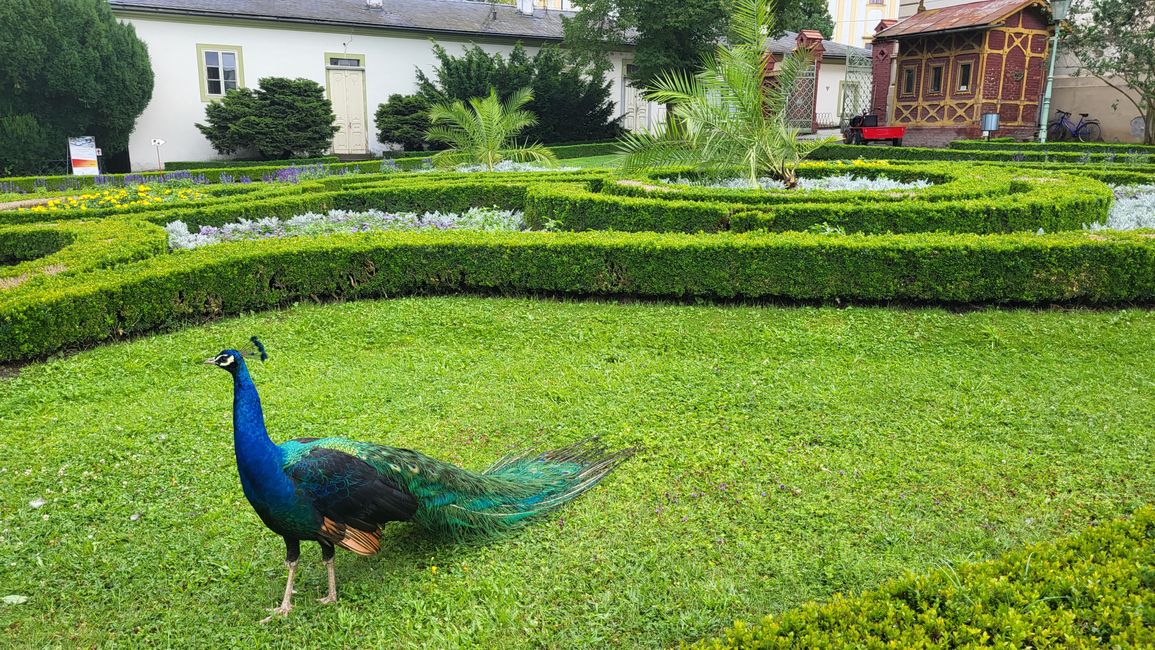
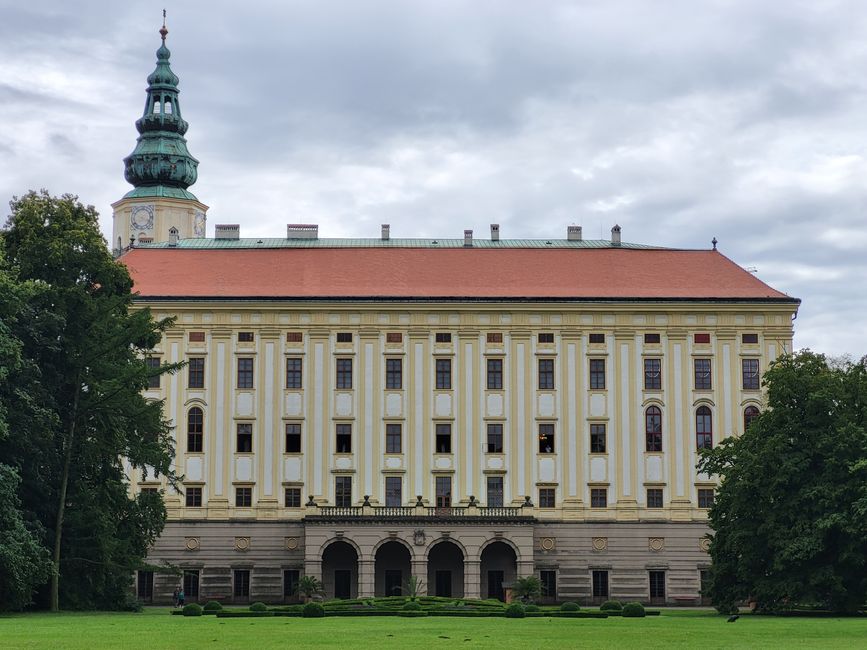
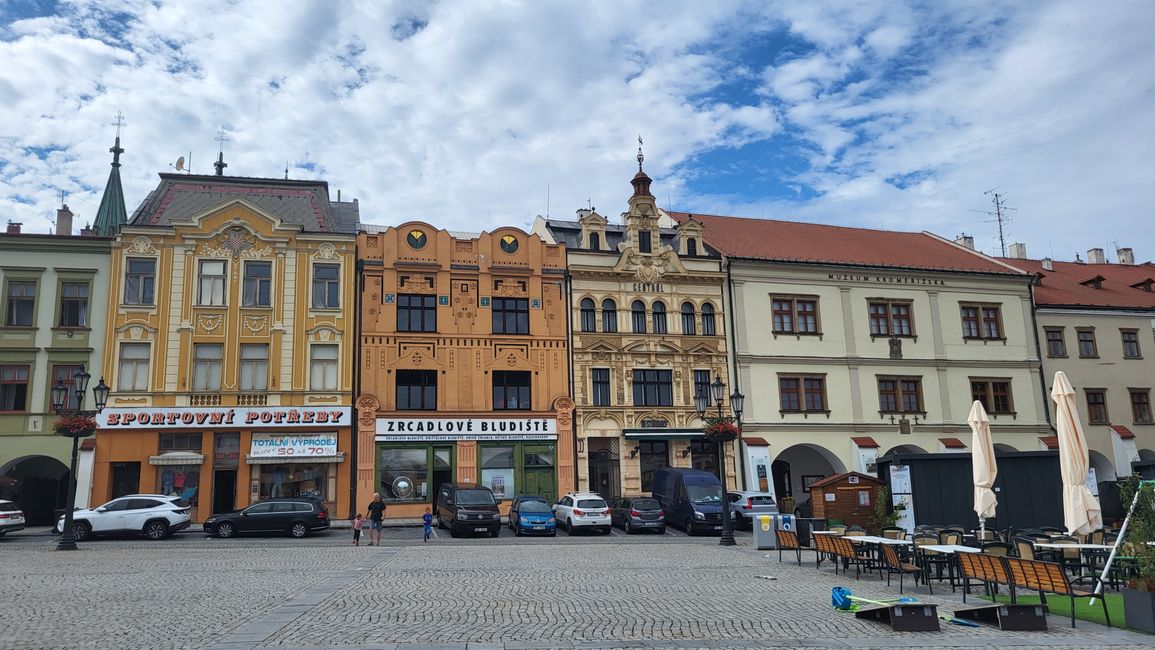
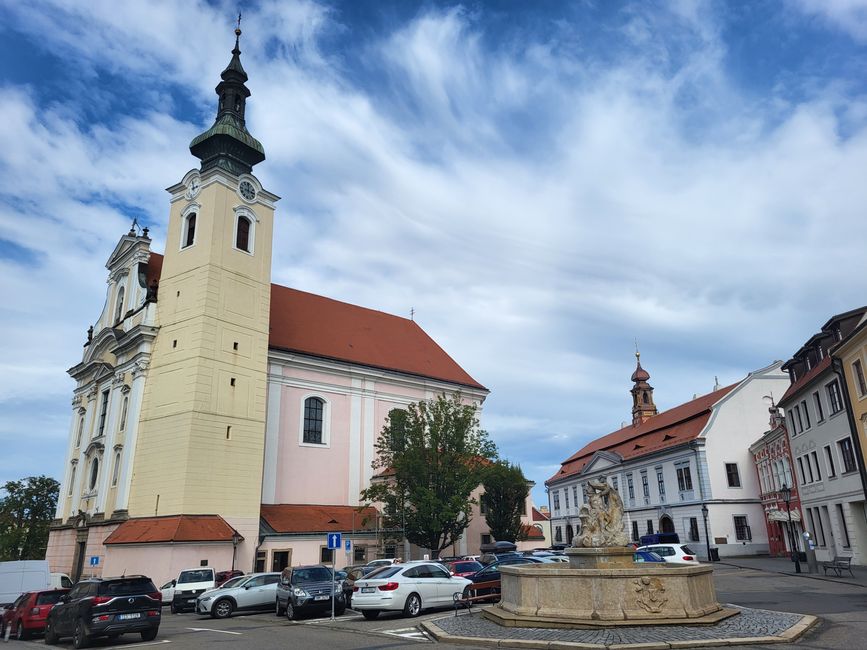
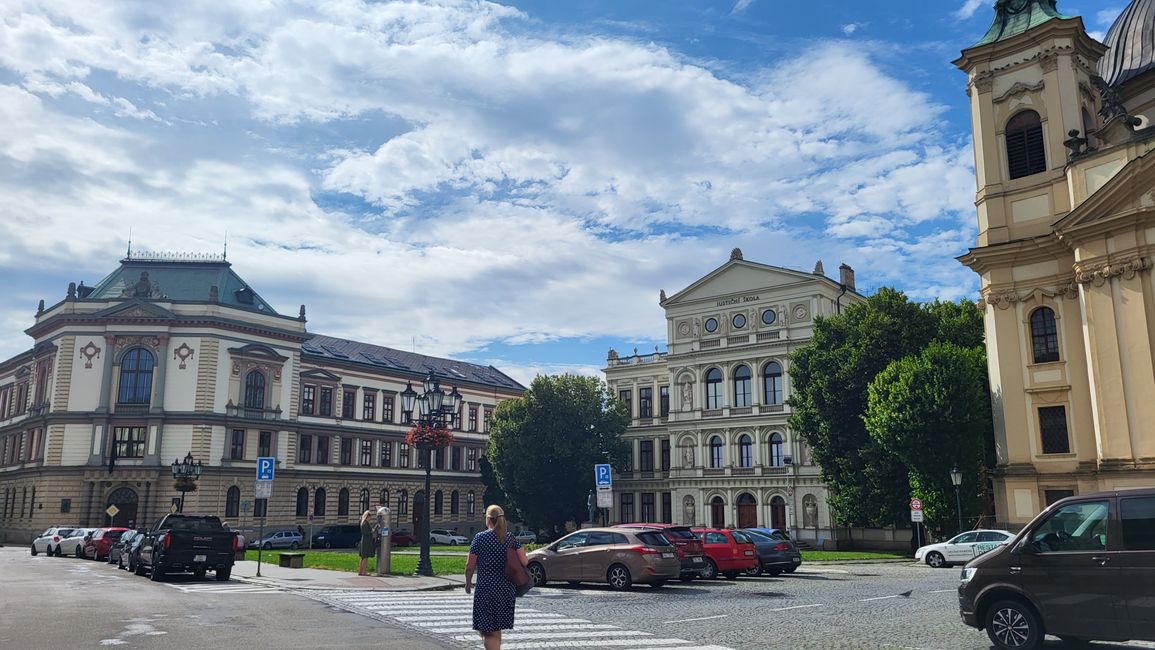
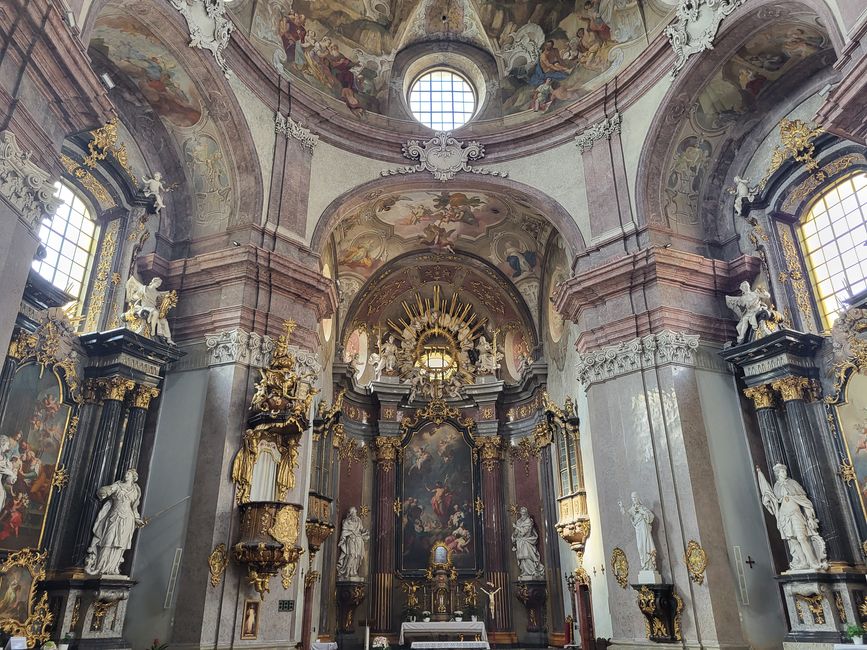
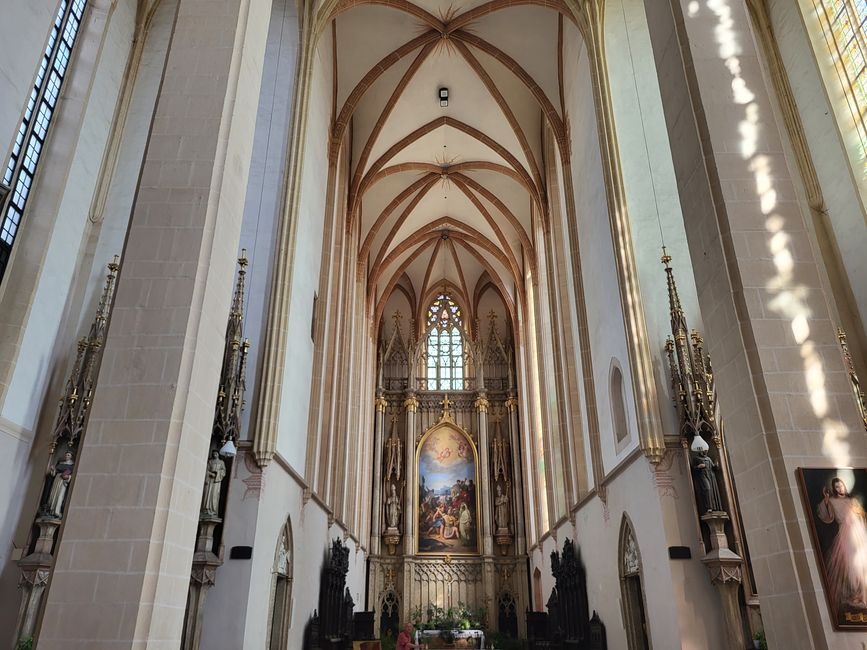
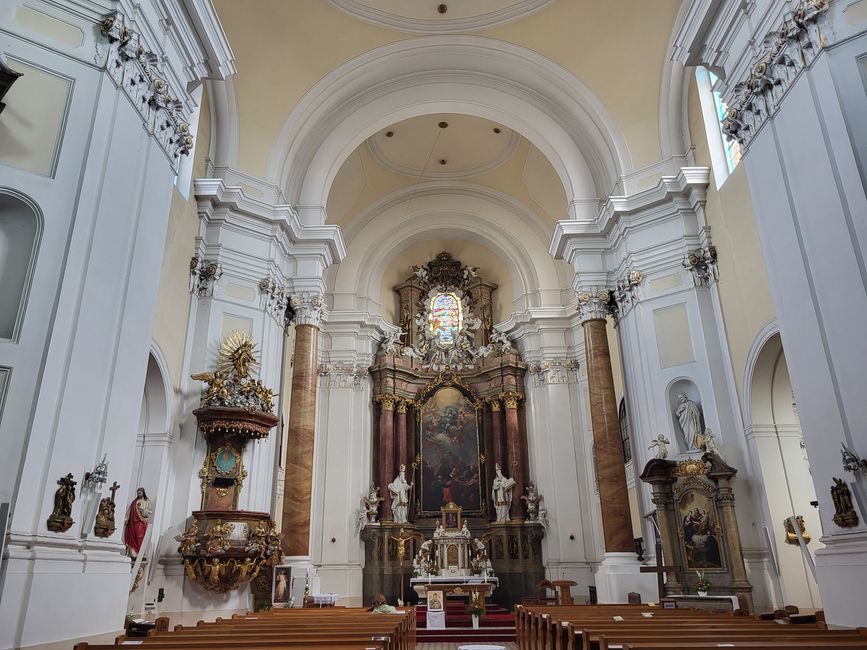
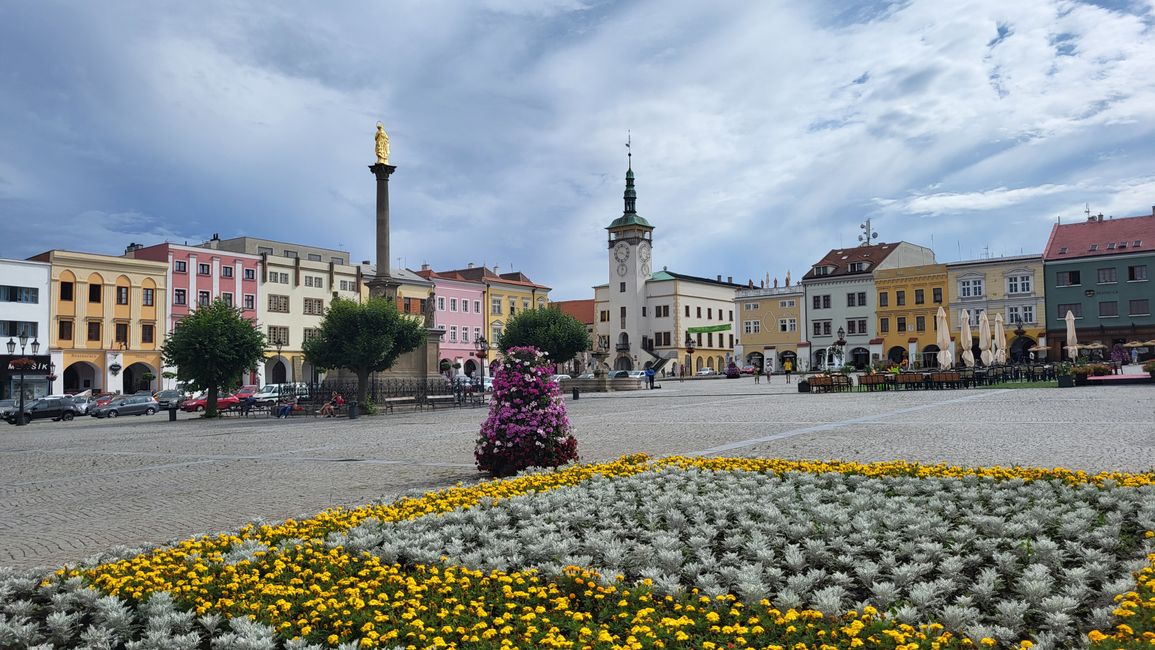
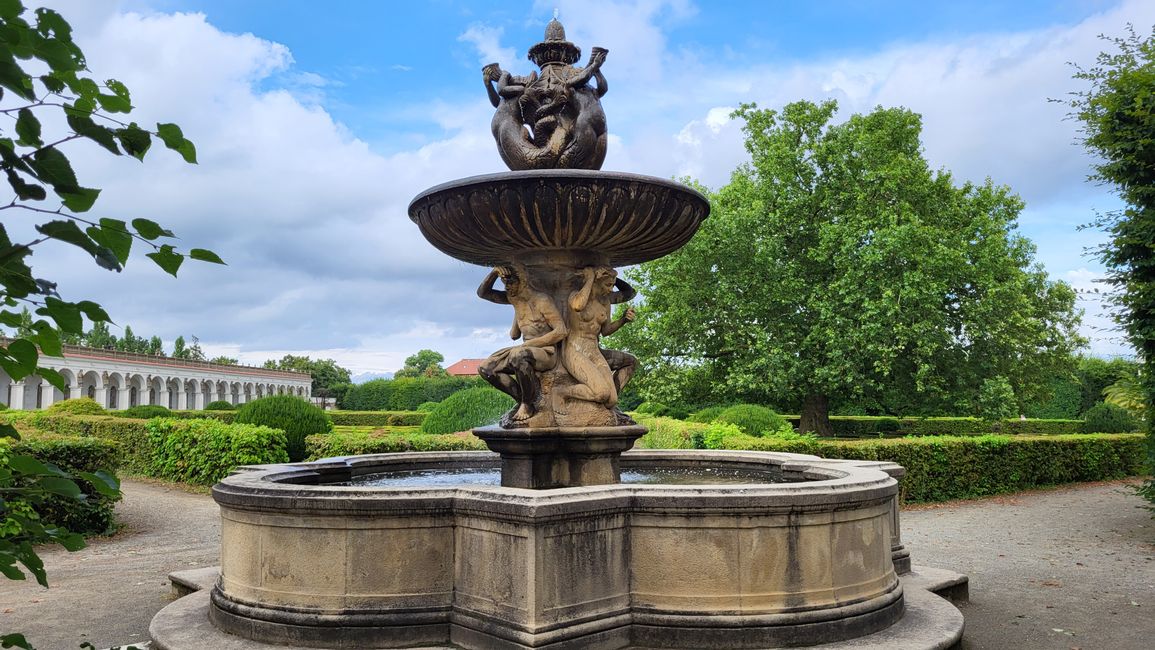
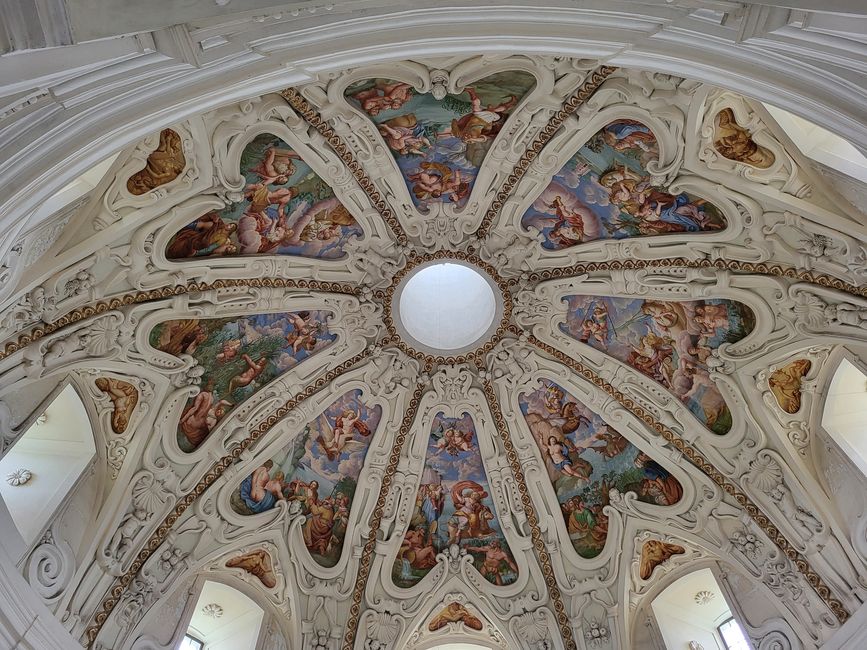
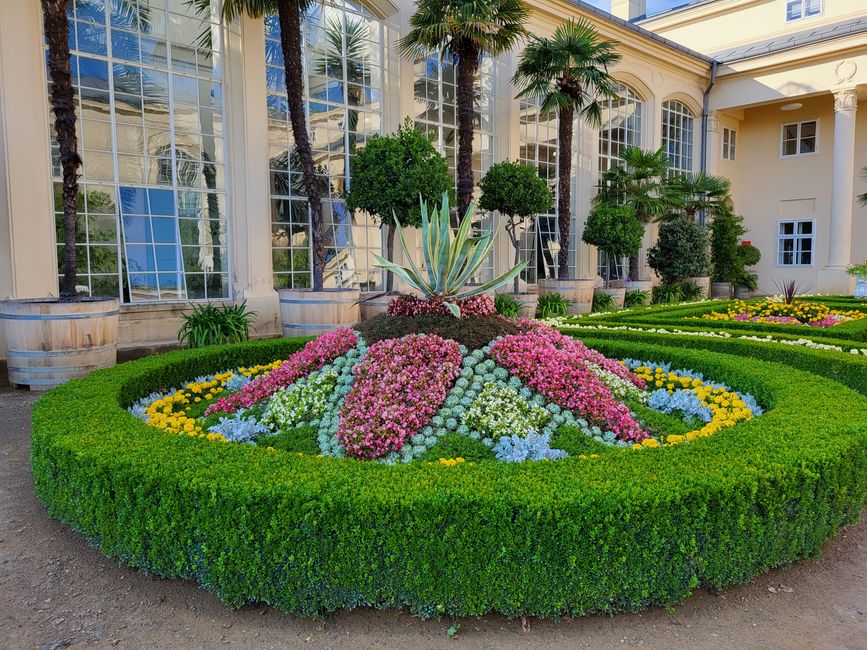
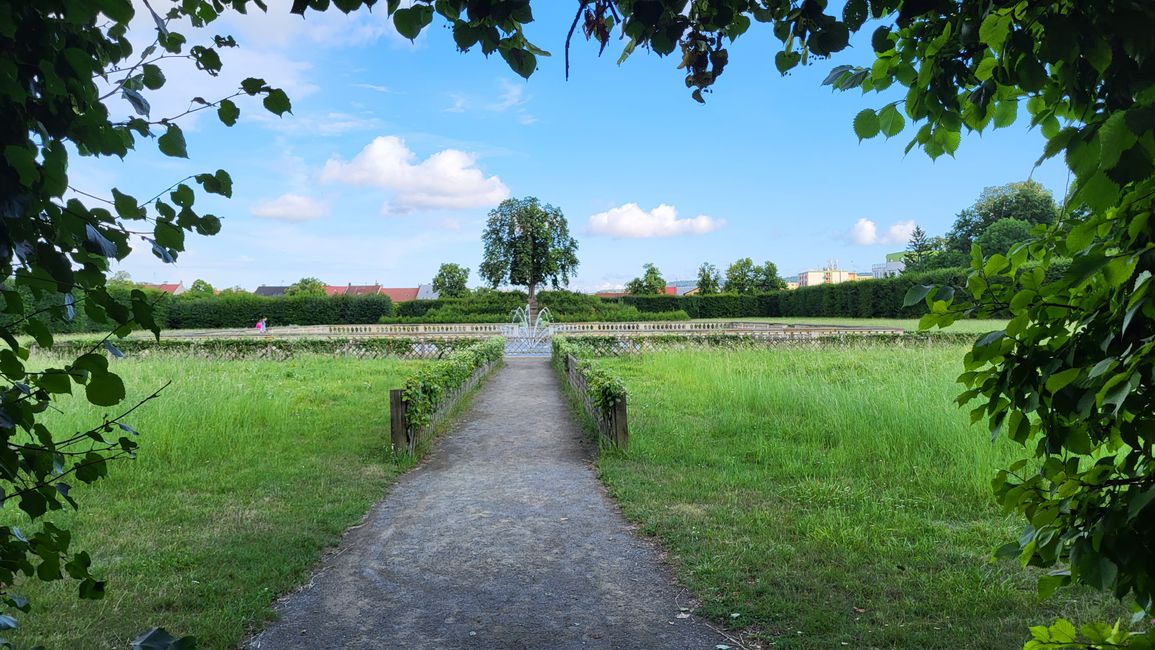
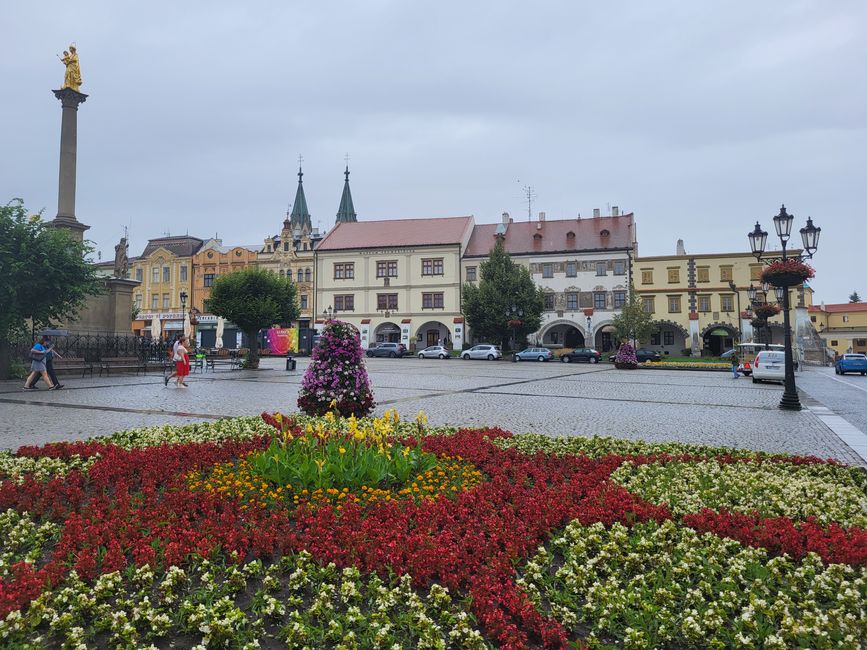
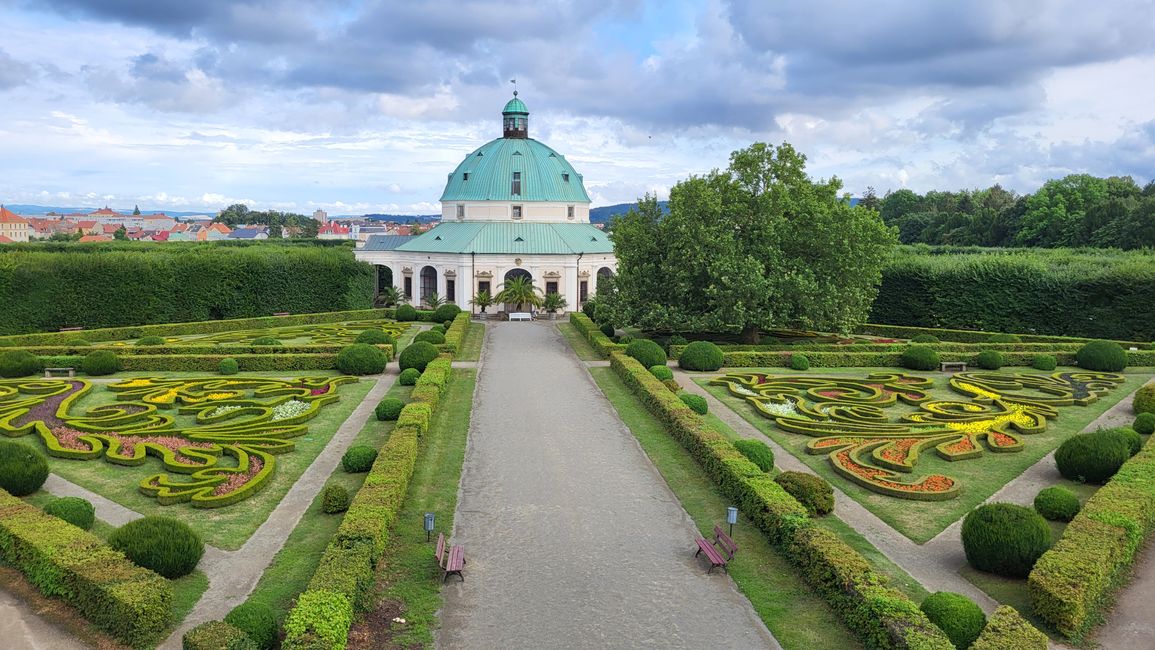
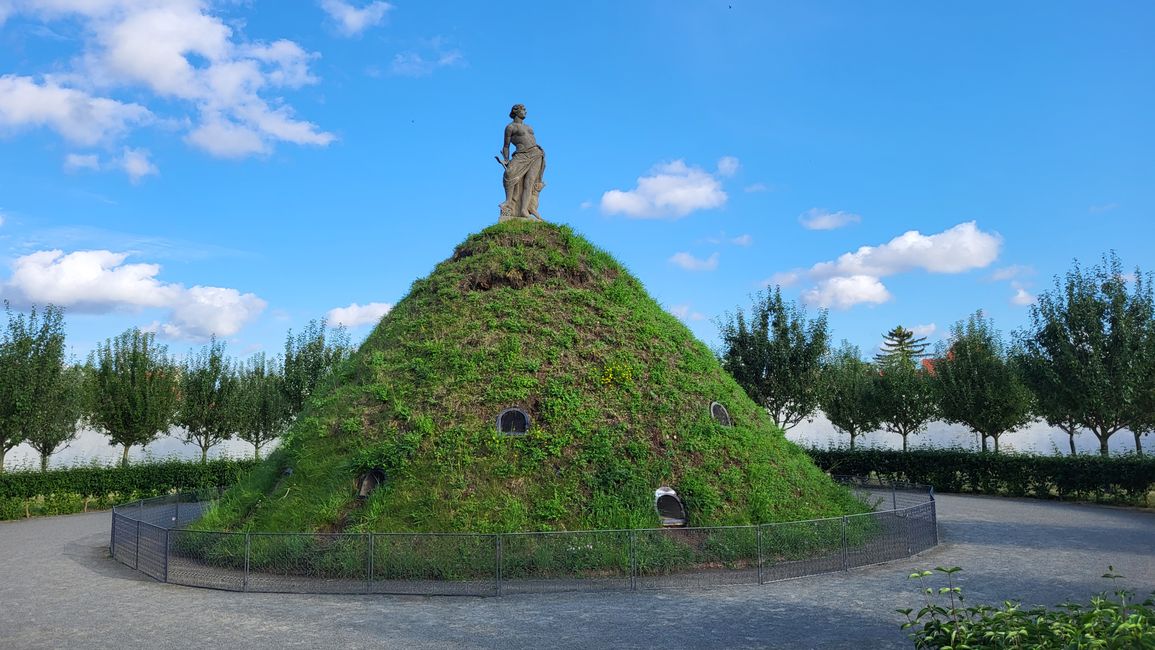
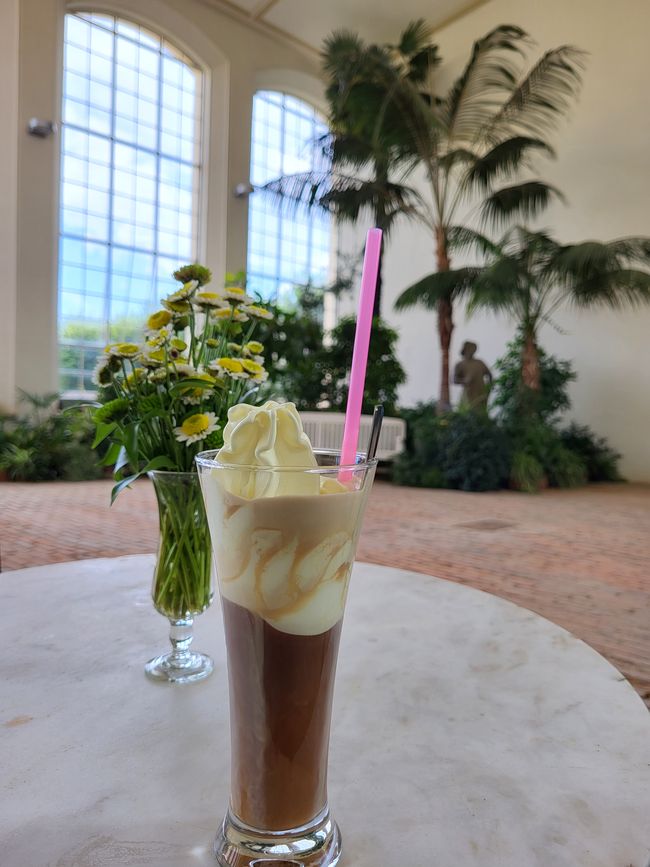
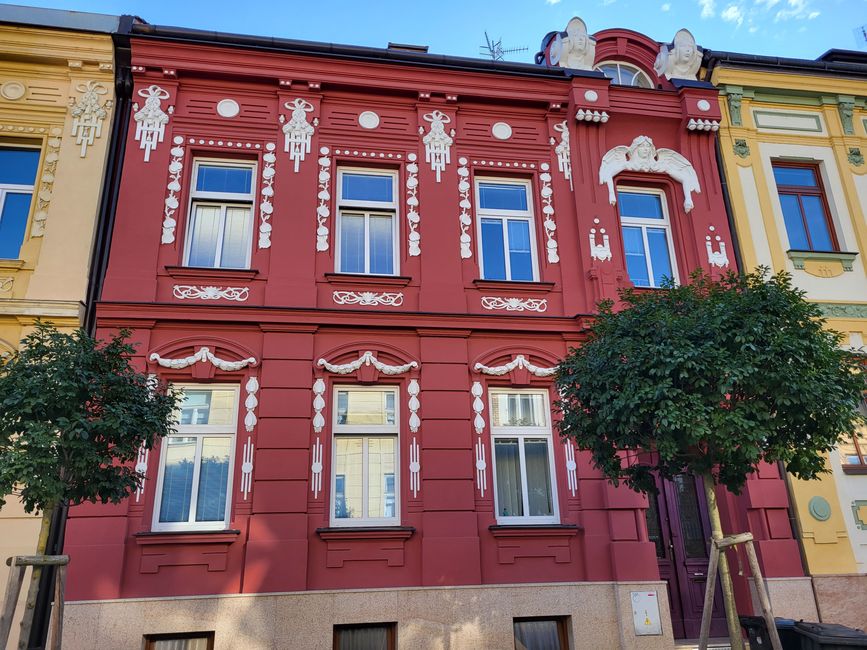
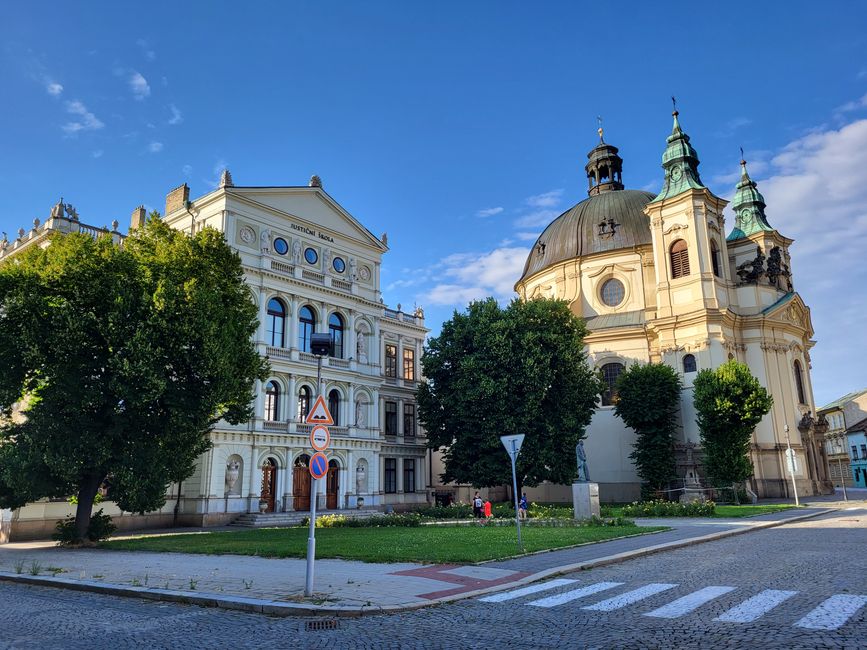
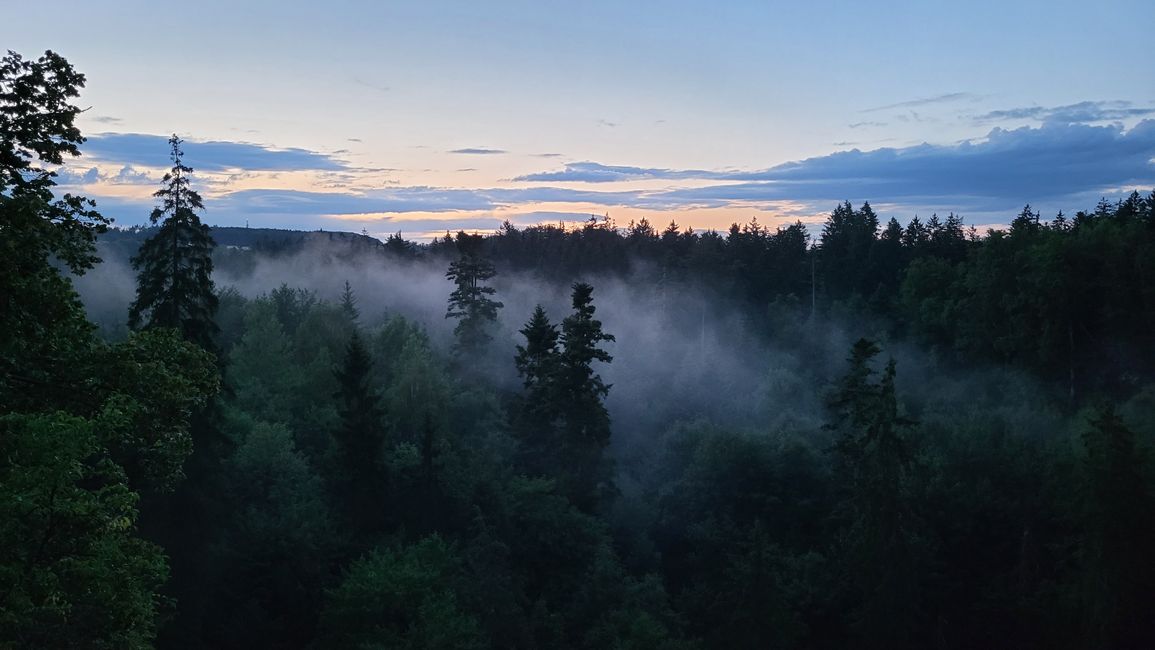
समाचारपत्रस्य सदस्यतां गृहाण
The day started off nice, but after our breakfast outside, dark clouds rolled in and soon the rain began. At first, we were still in the camper van, but even when we arrived in Kromeriz, it was still not dry.

The first half hour of our visit to the former residence city of Olomouc bishops was spent looking for a parking space. Eventually, we parked our camper van, which unfortunately did not fit well into the narrow and short city center parking spaces, in a residential area outside the center. From here, we made our way to the castle on foot in the rain.

In the 17th century, the Baroque castle was built by a bishop. It can only be visited with a guided tour, which is unfortunately only offered in Czech. However, there is a booklet that contains the very detailed text of the tour with some additions for reading in German.

We chose the tour of the representative rooms. Among other things, we saw the Congress Hall, where the Habsburg Monarchy received a new constitution. In 1848, the Austrian Parliament was relocated from Vienna to Kremsier.

Afterwards, we took a short walk through the castle garden, which together with the castle and the flower garden has been a UNESCO World Heritage Site since 1998.

Now the rain had stopped again and we could take another look at the city in the sunshine.

In the tourist information office, we found a flyer about the churches of Kromeriz and oriented our tour around the city's churches.

We also visited the interior of the three major churches. The High Baroque style in Moravia, however, was a bit too opulent for our taste.

Located a bit outside the city center is the flower garden. When we arrived, the weather was so beautiful that we left our jackets and umbrellas in the cloakroom.

The garden features beautifully designed flower beds in the style of a French baroque garden.

The complex was larger than we initially thought. When we arrived, we saw signs announcing opening times until 6 pm or 7 pm. Since everything was described in Czech, we unfortunately did not know how long each section was open - but we would later find out in an unpleasant way.

But first, we strolled through the park, which was divided by high hedges.

Along the way, we stopped at a café located in the former orangery. Here, we met a friendly waitress who spoke good English.

There were also some animals housed in the garden grounds. In addition to birds, there was a rabbit mound, where rabbits were actually sitting behind the barred openings and presumably able to move around inside the mound.

When we wanted to leave, we unfortunately realized that the cloakroom and cash desk are only open until 6 pm. But it was already later and our jackets were locked inside.

Since we didn't see anyone else around, we went back to the café to look for someone with a key. The nice waitress didn't have one, but she came with us to call for help. So we finally got our jackets and were able to continue our journey towards the Moravian Karst.

We arrived at the parking lot a bit later than originally planned, from where we wanted to leave early the next morning to explore one of the caves in the area.
While we were having dinner in our camper van, several cars with young couples arrived. When they got out, they looked like they were on their way to the next club (although we were actually in nature in a hiking area). We wondered what caused this influx of young visitors in the wilderness. They usually returned after a short walk and got back into their cars.
With one couple, we suspected the reason for their stay here when, after a short walk (which was probably all the lady could manage in her high heels), they got back in their car and drove to the furthest end of the parking lot. There, both of them got out and sat on the back seat... Later, the car with a happily looking young man behind the wheel drove away from the parking lot.

After dinner, we went to the nearest viewpoint on the Macocha Abyss and enjoyed the mystical view.
समाचारपत्रस्य सदस्यतां गृहाण
उत्तरम्
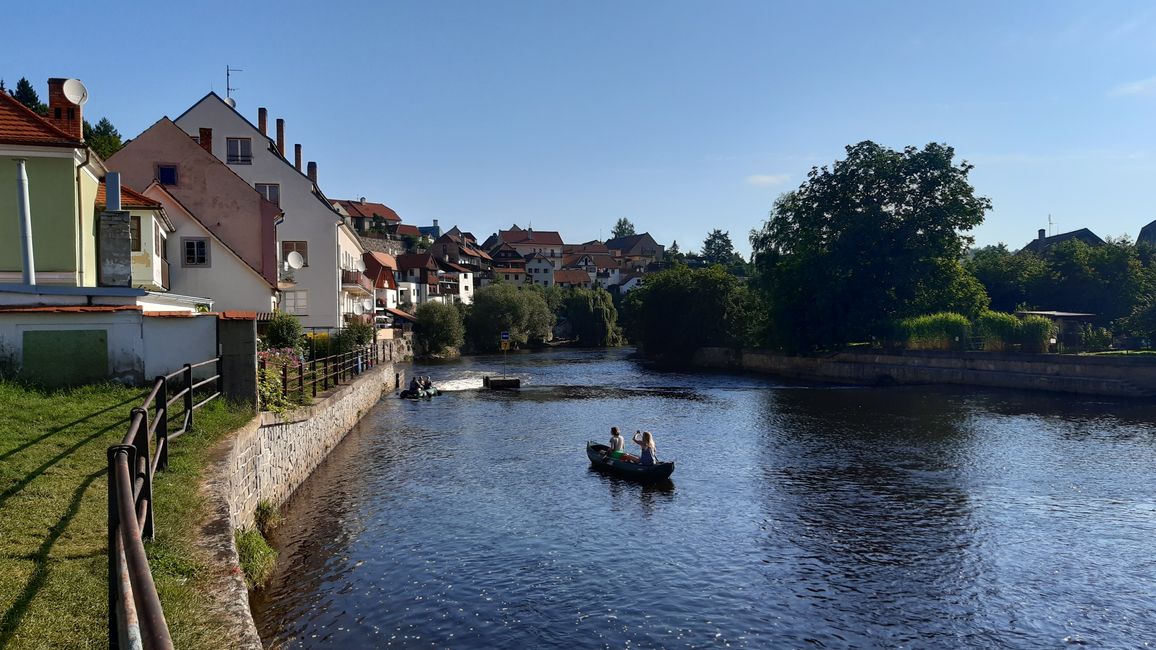
यात्राप्रतिवेदनानि चेकिया
